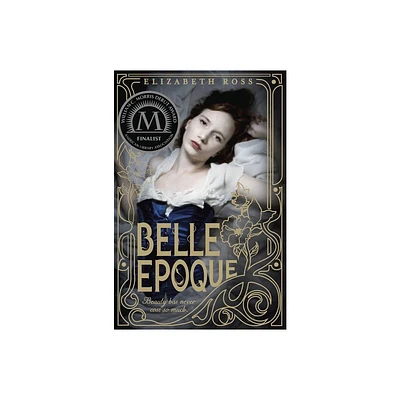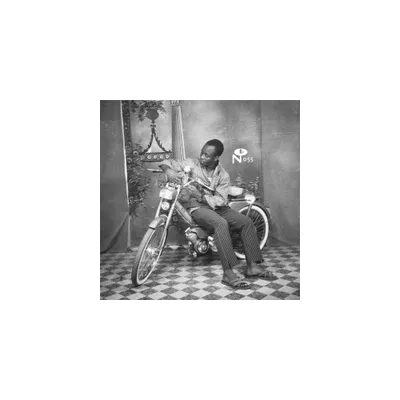Home
Voice Lessons: French Mélodie in the Belle Epoque
Loading Inventory...
Barnes and Noble
Voice Lessons: French Mélodie in the Belle Epoque
Current price: $57.00


Barnes and Noble
Voice Lessons: French Mélodie in the Belle Epoque
Current price: $57.00
Loading Inventory...
Size: OS
*Product Information may vary - to confirm product availability, pricing, and additional information please contact Barnes and Noble
Language, education, science, and song come together in surprising ways in Katherine Bergeron's new history of music in the Belle Epoque.
Voice Lessons
examines the modern musical art known as
la mélodie française
and its rise to prominence in the years around 1900-a period when France was pouring resources into national literacy and French scholars were beginning to grasp the nuances of the spoken tongue. Bergeron explores the relationship between the free, secular, and compulsory school system of the Third Republic, and the experimental sciences of language that grew alongside it, to observe the ways in which both science and school redefined the verbal arts in France at century's end.
The music of Fauré, Debussy, and Ravel; the writings of Mallarmé, Rimbaud, and Verlaine; the performances of Maggie Teyte, Reynaldo Hahn, and Sarah Bernhardt; the linguistic studies of Paul Passy and Abbé Rousselot: all these sources offer evidence of the new ideas of expression that proliferated during one of the most idealistic moments in French musical history, when poets, composers, actors, singers, and scientists all learned to imagine-and to speak-their language in new ways. Through close readings of songs, poems, sound recordings, and other historical records,
narrates the development of a rare musical art, seeking to explain why this art emerged, why it mattered, and why it eventually disappeared.
Voice Lessons
examines the modern musical art known as
la mélodie française
and its rise to prominence in the years around 1900-a period when France was pouring resources into national literacy and French scholars were beginning to grasp the nuances of the spoken tongue. Bergeron explores the relationship between the free, secular, and compulsory school system of the Third Republic, and the experimental sciences of language that grew alongside it, to observe the ways in which both science and school redefined the verbal arts in France at century's end.
The music of Fauré, Debussy, and Ravel; the writings of Mallarmé, Rimbaud, and Verlaine; the performances of Maggie Teyte, Reynaldo Hahn, and Sarah Bernhardt; the linguistic studies of Paul Passy and Abbé Rousselot: all these sources offer evidence of the new ideas of expression that proliferated during one of the most idealistic moments in French musical history, when poets, composers, actors, singers, and scientists all learned to imagine-and to speak-their language in new ways. Through close readings of songs, poems, sound recordings, and other historical records,
narrates the development of a rare musical art, seeking to explain why this art emerged, why it mattered, and why it eventually disappeared.


















